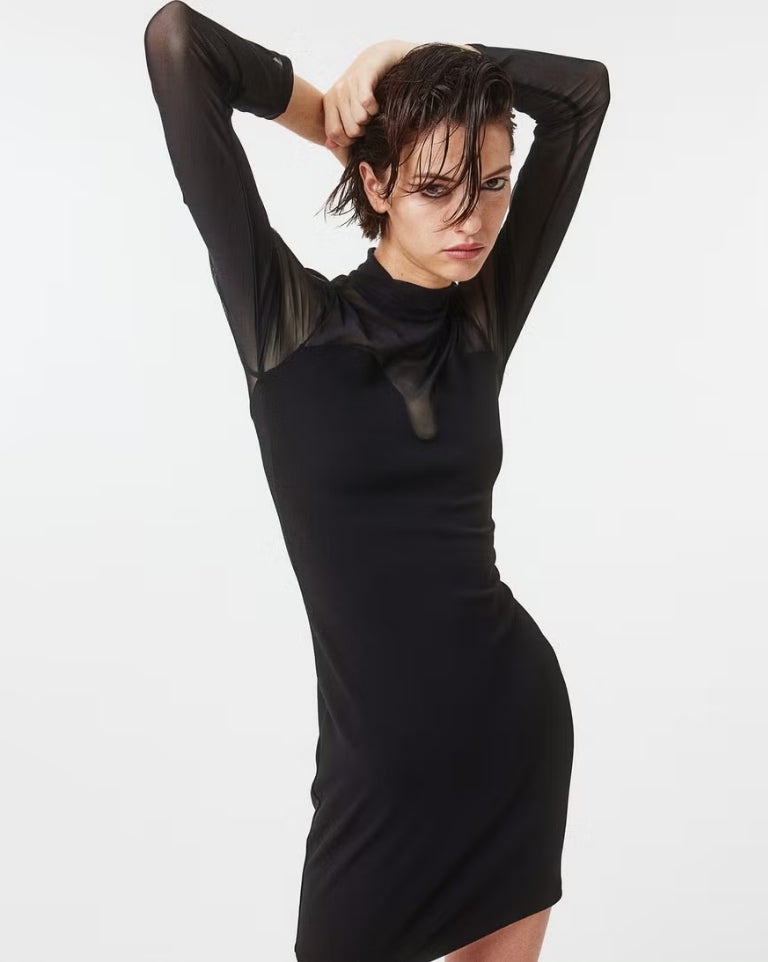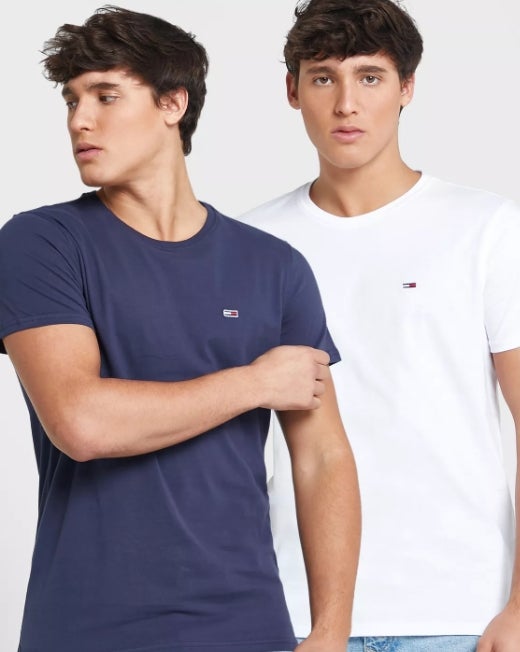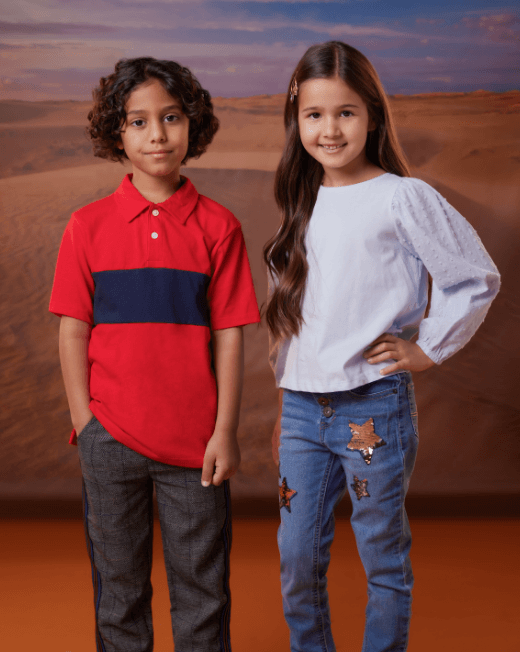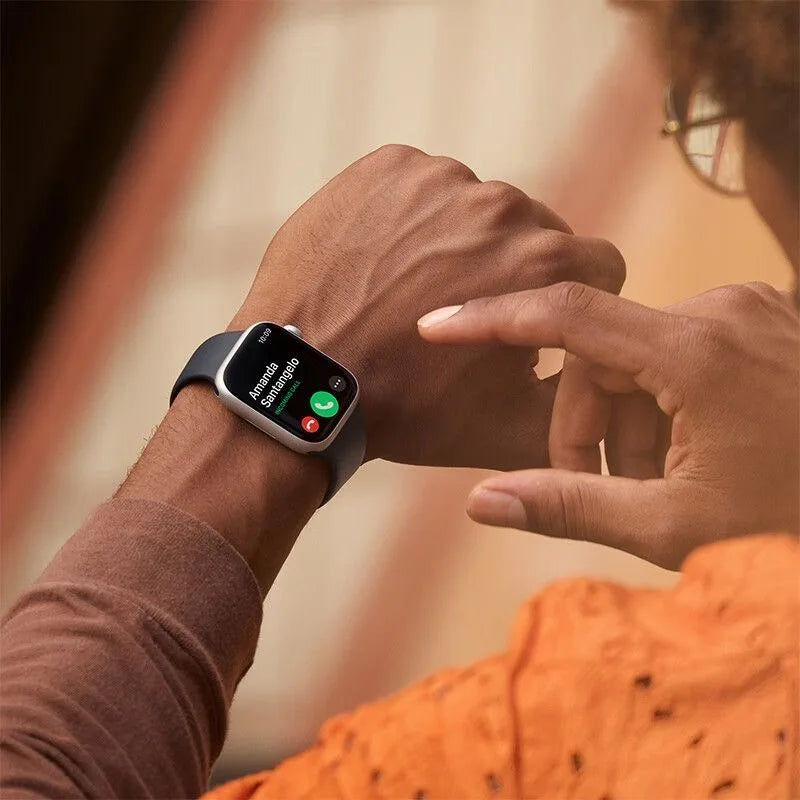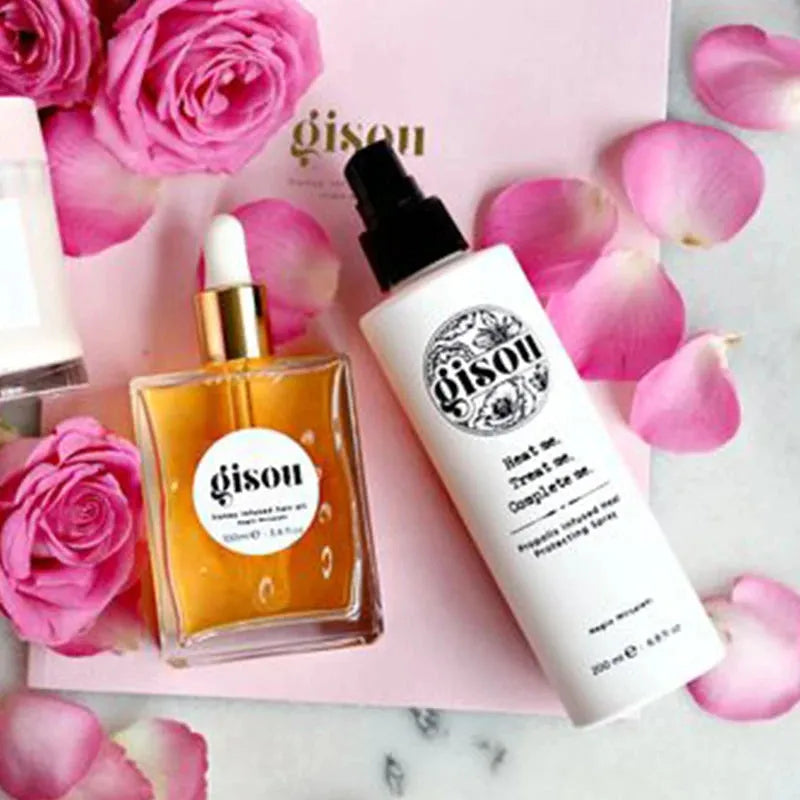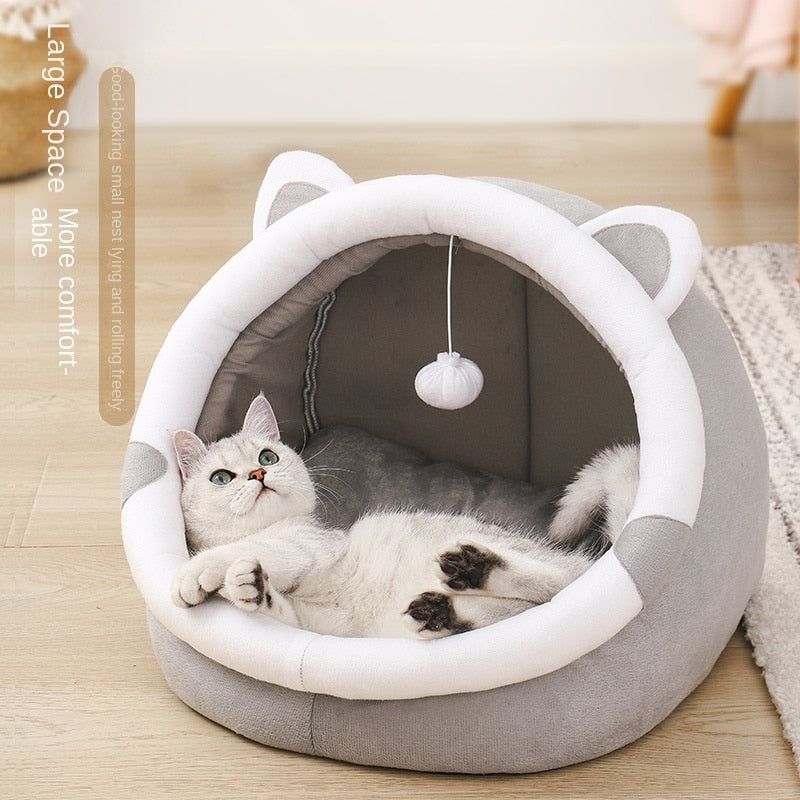The Top Fashion Brands in the World: The Height of Style
Introduction

The top fashion companies in the world have mastered the skill of interpreting culture, creativity, and workmanship into apparel that says volumes. Fashion is a universal language. These companies are well known for their classic styles, flawless craftsmanship, and unrelenting dedication to establishing trends around the world. In this post, we'll examine some of the top fashion companies in the globe that have had a lasting impression on the business.
Chanel: Effortless Timelessness
Chanel, which was established by Coco Chanel in 1909, is often associated with classic elegance and the little black dress. Chanel continues to be a representation of elegance and luxury because to its timeless designs, impeccable tailoring, and distinguishing quilted handbags. The company has continuously redesigned itself to keep current over the years.
Gucci: Redefining Italian Luxury
Italian fashion powerhouse Gucci has established itself as a symbol of extravagance and luxury. Gucci, which was founded in Florence in 1921, is renowned for its unmistakable double-G logo and avant-garde, daring designs. The brand has had a resurgence under the creative supervision of Alessandro Michele, embracing eclectic, vintage-inspired styles that have won the hearts of fashion aficionados all around the world.
Prada: Italian Excellence in the Avant-Garde
Prada is renowned for its avant-garde approach to fashion and was established in Milan in 1913. Prada has carved out a special place for itself in the fashion industry thanks to its sleek lines, plush fabrics, and simple designs. Due to its dedication to innovation, the brand has gained a devoted fanbase and is still an inspiration to designers all over the world.
The luxury legacy of Louis Vuitton
One of the most well-known luxury brands in the world, Louis Vuitton was founded in 1854. For more than a century, Louis Vuitton has retained its reputation as a symbol of wealth and luxury thanks to its recognizable monogram canvas and premium leather goods. The company's partnerships with designers and artists have also helped it gain traction in the realm of contemporary art.
Cutting-Edge Creativity in Balenciaga
Cristóbal Balenciaga established Balenciaga in 1919, and the brand has since grown to be associated with daring, cutting-edge clothing. Demna Gvasalia, the company's creative director, is renowned for his avant-garde and enormous designs that encapsulate the spirit of the contemporary day. With the redefinition of streetwear by Balenciaga, a new generation of fashion aficionados can now afford luxury.

Dior: The Finest in French Haute Couture
The 1946 establishment of Christian Dior's name-brand clothing represents the pinnacle of French haute couture. Dior is renowned for its romantic designs, feminine forms, and the enduring Bar jacket. Under the creative guidance of Maria Grazia Chiuri, the brand has kept setting the bar for sophistication and elegance with a dash of modernity.
Versace: Unapologetically audacious
Versace, which was established in 1978 by Gianni Versace, is renowned for its daring use of materials, vivid prints, and creative designs. The company's instantly identifiable Medusa emblem has made a lasting impression on fashion, as has its edgy, sexual look. With a contemporary touch, Donatella Versace has carried on her brother's tradition.
Hermès: Continually Elegant and Skillful
Hermès, which was established in 1837, is a representation of enduring luxury and superior craftsmanship. The company is well-known for their fine silk scarves, legendary Birkin and Kelly bags, and other accessories. Each item produced by Hermès bears witness to the company's unwavering commitment to excellence, creativity, and tradition.
Creating the Future's Path: Emerging Fashion Brands
The world's top fashion companies have a distinguished history and continue to define trends, but the industry is always changing as new and up-and-coming businesses make their presence felt. These brands challenge the existing quo and enthrall a new generation of fashion-conscious people with their original ideas and fresh takes on fashion.
Off-White: High Fashion Meets Streetwear
Streetwear has undergone a transformation thanks to Virgil Abloh's Off-White, which has merged high-end luxury with street fashion. Off-White's distinctive approach to fashion has attracted a devoted following. It is known for its trademark quote marks, zip ties, and industrial design aesthetics. The hiring of Virgil Abloh as the artistic director of Louis Vuitton's men's collections emphasizes the impact of up-and-coming labels on well-established luxury fashion firms.
The Supreme Streetwear Company
James Jebbia established Supreme in 1994, and it has now become a cultural phenomenon. Due to its limited edition releases, team ups, and recognizable box logo, this brand is a household name in the streetwear industry. Supreme has maintained its relevance for many years thanks to a strongly devoted fan following.
Burberry: A Reimagined British Icon
Under Riccardo Tisci's creative leadership, Burberry, a storied British fashion business founded in 1856, has experienced a revival. Tisci, known for its recognizable plaid pattern, has given the company fresh vitality by fusing its rich history with modern flair. Young artist and musician collaborations have given Burberry a contemporary edge.
Lingerie that Empowers: Savage x Fenty
In the lingerie market, Rihanna's Savage x Fenty brand is a trendsetter, putting a strong emphasis on diversity and body positivity. This brand celebrates individuality and diversity and offers a wide variety of sizes and models. The fashion shows for Savage x Fenty are evidence of the brand's dedication to changing perceptions of beauty.
Introducing Bottega Veneta: Modern Luxury
Under Daniel Lee's creative leadership, Bottega Veneta, an Italian luxury brand founded in 1966, has risen to new prominence. A more discerning, modern consumer has been drawn to Bottega Veneta's modest and simple designs because of the brand's emphasis on quality and craftsmanship. The brand's prized "Intrecciato" weave and stylish accessories have become a fashion industry standard.
French chic with a twist at Jacquemus
Simon Porte Jacquemus's namesake brand, Jacquemus, has gained notoriety in the fashion world. His designs are known for being simple yet fun, and the company's aesthetic is French elegant with a Mediterranean twist. Its iconic Le Chiquito bag, a diminutive yet stylish item, has drawn interest from fashion fans all over the world.
Future of Clothing with a Focus on Sustainability
The future of the industry is becoming more and more entwined with the worldwide movement for sustainability, in addition to the enduring influence of well-known and up-and-coming fashion businesses. Fashion firms are making efforts to lessen their ecological footprint, address ethical concerns, and adopt a more responsible approach to fashion production as environmental concerns grow more urgent.
Leading the Way in Sustainable Fashion: Patagonia
The pioneer of sustainable fashion is Patagonia, a 1973-founded manufacturer of outdoor apparel. The company is well known for its dedication to environmental activism, ethical manufacturing, and long-lasting, environmentally friendly products. Patagonia has raised the bar for corporate responsibility with its "Don't Buy This Jacket" campaign and commitment to donate a portion of company proceeds to environmental organizations.
Fashion by Eileen Fisher is moral and classic.
The 1984-founded company Eileen Fisher promotes slow fashion and environmentally friendly methods. The company emphasizes classic, adaptable styles and employs eco-friendly materials including organic cotton, Tencel, and recycled fibers. Eileen Fisher's focus to minimizing the environmental impact of fashion is demonstrated through its support for projects that encourage ethical manufacturing and recycling.
Stella McCartney: Eco-friendly and Vegan Luxury
The sustainable luxury fashion trend has been started by Stella McCartney. The company, headed by the designer of the same name, is dedicated to using vegan and cruelty-free materials as well as sustainable sourcing. Stella McCartney has revolutionized the fashion business with her inventive use of sustainable materials like mushroom leather, demonstrating that luxury and sustainability are compatible.
Everlane: Accessible and Transparent Fashion
Since its founding in 2010, Everlane has placed transparency at the center of its operations. The company is committed to delivering reasonably priced, ethically created apparel and exposing the genuine costs associated with the manufacture of clothing. The "Radical Transparency" campaign from Everlane has encouraged customers to learn more about the manufacturing processes behind their garments.
Fast fashion with a conscience: H&M Conscious
While the environmental impact of fast fashion has frequently been criticized, H&M has introduced their "Conscious" line as a move toward sustainability. The company emphasizes ethical production methods and employs recycled materials. The initiatives of H&M show that even major fast-fashion businesses can implement more environmentally friendly procedures.
The Impact of Technology on the Future of Fashion
Technology has a major influence on how the fashion business will develop in the future. Technology has the potential to completely transform the way that clothing is made, sold, and consumed, from the design process to the retail environment.
Virtual fashion design and 3D printing
Fashion designers are now able to produce elaborate, personalized designs with unmatched precision thanks to 3D printing. As it reduces waste, this technology has created new opportunities for cutting-edge designs and environmental practices. Fashion designers now use virtual design software on a regular basis as a platform for innovation and creativity.
Data analysis and artificial intelligence (AI)
Everything from anticipating fashion trends to improving the shopping experience for customers uses AI. Retailers are using artificial intelligence (AI) to evaluate consumer data and help them customize products and marketing plans based on customer preferences. Chatbots and virtual stylists powered by AI are also gaining popularity as they offer individualized style guidance and consumer support.
Innovative Sustainable Fabrics
The development of sustainable fabrics is being driven by technological developments. Fashion is changing, and innovations like lab-grown leather, bio-fabrics, and textiles manufactured from recycled materials are lowering the industry's environmental effect. To fulfill the rising demand for sustainability, brands are investigating these green materials.
Virtual reality and augmented reality in retail
VR and AR are transforming how people shop for clothing. With the help of these immersive experiences, shoppers can virtually try on clothes and accessories, play around with various looks, and get a better idea of how things will fit and seem. Retailers are bridging the gap between e-commerce and brick-and-mortar stores by utilizing AR and VR to improve the online purchasing experience.
Transparency through Blockchain
The fashion supply chain is becoming more transparent thanks to the adoption of blockchain technology. Brands may confirm product authenticity and ensure fair labor standards by following products from their point of origin to the consumer. In the context of sustainability and ethical production, this technology is very crucial.
Influencer partnerships and online fashion shows
The way that fashion is exhibited has changed with the internet era. To reach a worldwide audience, brands are increasingly choosing digital fashion shows and live streaming. Influencers and celebrities are also working with fashion firms to create collections and advertise their goods, utilizing their internet following and presence.
Conclusion
Future trends in fashion will combine innovation, sustainability, tradition, and technology. While well-known and up-and-coming fashion labels continue to define trends in style and design, the drive for sustainability and moral behavior is changing the rules of the game. With its ability to alter, technology is helping the fashion industry to adapt to shifting customer attitudes and habits.
The interaction of these several factors produces a dynamic and complex fashion business that keeps pace with contemporary culture. Looking ahead, we may anticipate an industry that uses technology for sustainability and creativity, promotes inclusivity and diversity, and is always changing to satisfy the demands of a worldwide audience. The future of fashion promises to be an exciting adventure that fuses ethics with aesthetics, tradition with innovation, and style with substance.

